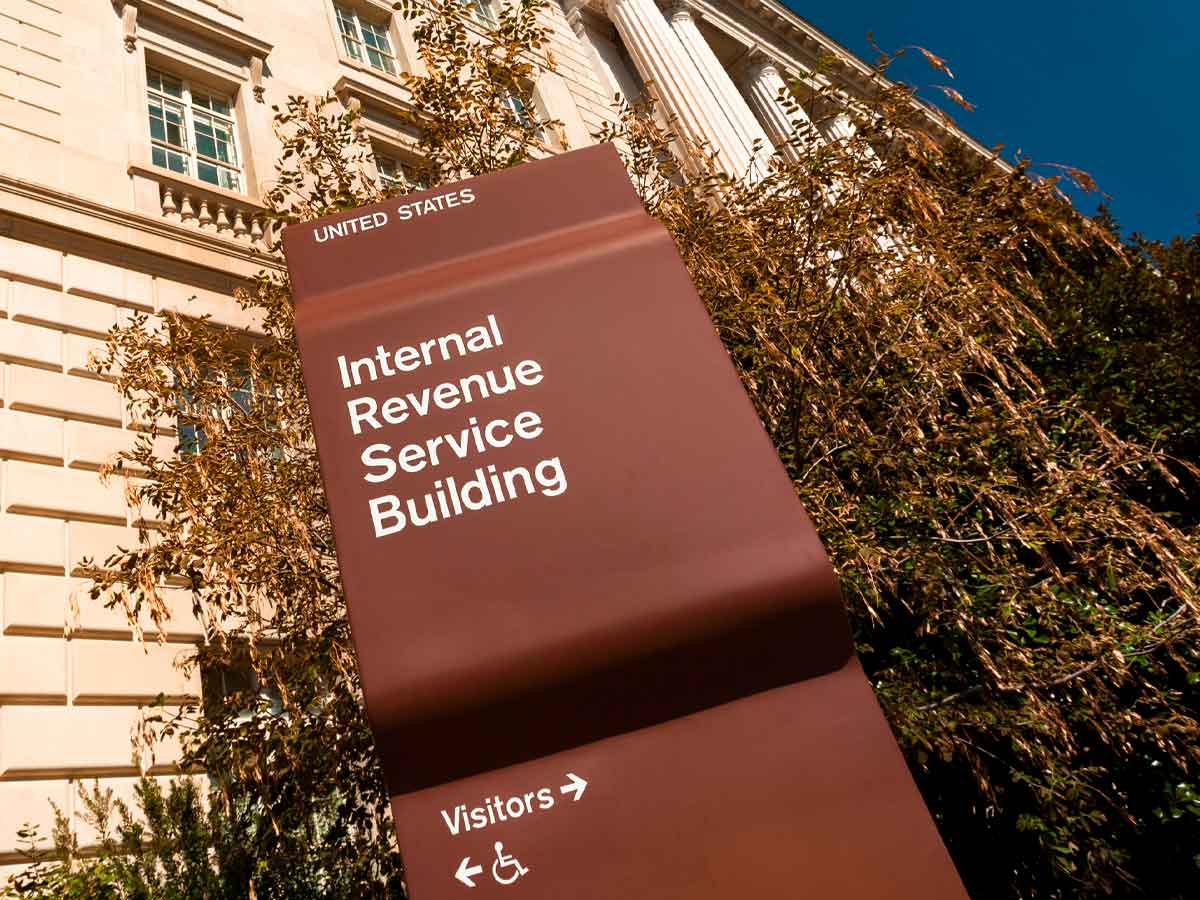He allegedly pocketed millions from pixelated collectibles but told the government otherwise, officials say.
A Pennsylvania resident could be trading in his quiet life for a federal prison cell after admitting he neglected to report major earnings from the popular CryptoPunks NFT series. The man, identified as 45-year-old Dillsburg native Waylon Wilcox, pleaded guilty to filing false tax returns in 2021 and 2022. According to prosecutors, his unreported income exceeded $13 million from the sale of 97 CryptoPunks, which placed him squarely in the IRS’s crosshairs.
Did he really think the authorities wouldn’t notice a multi-million-dollar gap? That’s the question many are asking, given the growing attention on cryptocurrency transactions. Wilcox admitted to indicating “no” when asked about virtual asset income, leading the IRS to miss out on more than $3.2 million in taxes. Now, he faces up to six years behind bars, plus supervised release and significant fines.
Why this NFT tax scandal is making headlines throughout the United States crypto sphere
Interest in CryptoPunks soared after the series debuted in 2017, with some pieces fetching astronomical sums at prestigious auction houses. Even during market downturns, individual punks have sold for millions of dollars, reflecting the continued allure of digital assets. However, Wilcox’s case underscores a critical point: profits from NFTs are not invisible. Failing to report gains or losses can lead to harsh penalties, and the government is increasingly vigilant in monitoring these transactions.
To highlight Wilcox’s financial missteps, here’s a brief rundown of key facts:
| Year | Estimated Earnings from NFT Sales |
|---|---|
| 2021 | $7.4 million |
| 2022 | $4.9 million |
| Total | $12.3 million (approx.) |
These figures represent the reported totals from Wilcox’s 97 CryptoPunk sales over two years.
How digital asset holders can avoid potential legal troubles during tax season
Keeping accurate records is vital. Anyone who invests in or flips NFTs should track every purchase, sale, and profit margin, then report these figures accurately on federal tax forms. It’s easy to overlook small transactions, but consistent record-keeping can prevent bigger headaches down the road. Wondering if smaller NFTs matter just as much as high-value CryptoPunks? Absolutely. The IRS has made it clear that all taxable crypto activity must be disclosed.
Wilcox’s sentencing date remains unclear, but the consequences are already evident. He faces prison time, a substantial fine, and the lasting impact of a criminal record. For digital art enthusiasts, this incident serves as a stern reminder that the IRS is paying attention, and compliance isn’t optional.
In the end, Wilcox’s story exemplifies how even the most cutting-edge assets cannot escape traditional regulations. It’s a lesson for traders and collectors: keep the creativity flowing, but always stay on top of the legal details.

